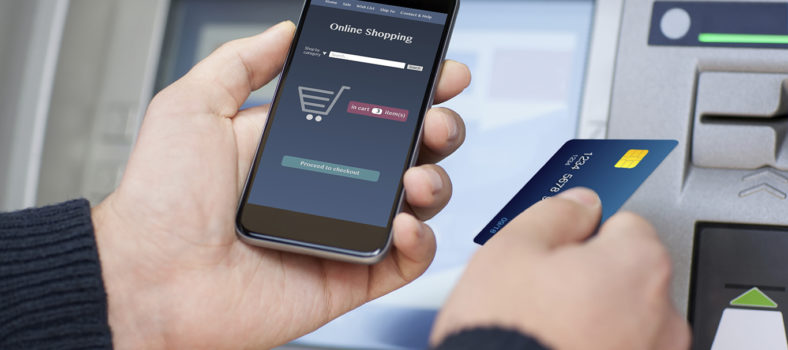 By Raju Vegesna
By Raju Vegesna
In 1994, in the heyday of Microsoft Windows PC, Bill Gates bragged that “banks are dinosaurs…we can bypass them”. With digital money increasingly found inside the smartphones of today’s consumer, it seems his 26-year-old prediction came true. Cash and traditional bank deposits are now competing with Big Tech “e-money” from the likes of Apple, Amazon and Facebook.
While customers are embracing FinTech solutions for their convenience and ease of use, traditional banks are building their own digital strategies and leveraging traditional in-person touchpoints at branch offices. Big Tech’s strategy is to instead seize customer relationships within their online, mobile platforms and offer a seamless on-the-go financial service experience.
As Bill Gates surmised, Big Tech would indeed challenge big banks. Despite Apple, Amazon and Facebook’s entry into financial services, let’s explore why “connected banks” are still likely to lead the digital economy of the future.
Legacy and trust
Unlike Big Tech, traditional banks have existing relationships with customers that span years, if not decades. Through these long-lasting financial relationships customers develop trust with their respective banks.
Within this traditional model, banks introduce other banking products to customers that provide stickiness for all their financial needs. Subsequently, customers are unlikely to leave their banks and take their financial services elsewhere.
Now let’s compare the same customer’s relationship with Big Tech: an industry fraught with privacy issues and breaches of trust. Do people really want to give Facebook access to their financial data? I think not.
Given the speed at which this industry is moving, most banks simply do not have the money and time to create sophisticated digital platforms from scratch. The ideal scenario is merging the technology of Big Tech within the platforms of big banks. But banks are more likely to embrace technology from FinTech vendors that easily integrate into their own digital banking platforms: which may not necessarily be from Big Tech companies.
New digital services should be built by FinTech vendors that understand banks’ legacy systems. By adding new technology within the constraints of specific banking platforms, these suppliers can add their expertise to existing digital banking ecosystems.
Acquisitions and upsells
Banks are known to do “banking things” well, such as issuing large loans, risk intermediation and liquidity transformation. What they are not known for is innovation and, let’s face it, providing superior customer service.
It is no wonder that most of the connected banking solutions occur through acquisitions, rather than being built internally. Banks understand that the expectations of the modern banking customer are changing. Banks also recognize that they might not have the skills to meet these changing needs.
Acquisitions of FinTech start-ups allow banks to move into ecosystems beyond their traditional core of product and services. They can tap into their existing client base and operation capabilities to strengthen engagement in mobile payments and capture necessary data to provide a complete view of customers’ mobile financial and payment needs.
In this scenario, banks can offer a curated and compliance vetted mix of traditional and third-party products and services. Aggregating all financial products through acquisitions provides customers with a one-stop solution for financial needs through a single, integrated channel from their trusted financial provider.
Compliance and regulation
Regulation and compliance dominate the banking industry. It is no wonder why consumers go to their neighbourhood bank for mortgages, auto finance, credit cards and lines of credit. While Big Tech is excellent in recognizing consumer pain points and providing quick solutions, banks guarantee stability.
Lest we forget the underlying reasons why Big Tech is pursuing entry into financial services. It is all part of their broader plan to touch more parts of their customers’ lives and businesses without relying on external vendors. In a “perfect Apple world”, iPhones are also Apple bank cards without any involvement of traditional banks.
As FinTech companies, Big Techs like Apple, Amazon and Facebook are unproven. Banks have a legacy of trust and consistency, especially when it comes to financial transactions through cash, credit and electronic payments.
Financial services of the future
There is no doubt about the disruption facing the global financial and payment processing industries across the globe. Cryptocurrency, no-fee credit cards and new end-to-end payment processing are being introduced by Big Tech giants like Facebook, Apple and PayPal.
The race to capture the digital wallet has energized innovation in the payments industry. The quest to offer better customer service for mobile financial services will determine success in all payment, transaction and card-based operations around the globe.
Suffice to say, big banks are here to stay. Their legacy of trust, history of regulation/compliance and strategic acquisitions will forever give them a strategic advantage over Big Tech in the global financial services industry.
Raju Vegesna is chief evangelist at Zoho.

